Insurance companies are increasingly turning to telematics to track your driving habits. This technology can save you money, but it also raises serious questions about privacy. Is your insurance company keeping tabs on your every move?
1. What Is Telematics?

Image Credit: Shutterstock / Leo Rikhtman
Telematics is a system that tracks your driving behavior through devices installed in your car or an app on your phone. This data includes speed, braking patterns, mileage, and even the time of day you drive. According to a 2022 study, around 65% of major U.S. insurance companies now offer telematics-based policies.
2. How Does It Save You Money?

Image Credit: Shutterstock / Pru Studio
Telematics is promoted as a way to save money, especially for safe drivers. By tracking your driving habits, insurance companies offer discounts to those who demonstrate good driving behaviors. In fact, drivers using telematics could save up to 30% on their premiums, according to a 2021 report from the National Association of Insurance Commissioners.
3. But Who’s Really in Control?

Image Credit: Shutterstock / Alf Ribeiro
While telematics promises savings, it also raises concerns about control. Your insurance company gets to decide what “good driving” means, and their algorithms aren’t always transparent. A 2020 Consumer Reports survey found that 28% of drivers were concerned about how their data was being used by insurers.
4. The Rise of Pay-Per-Mile Insurance
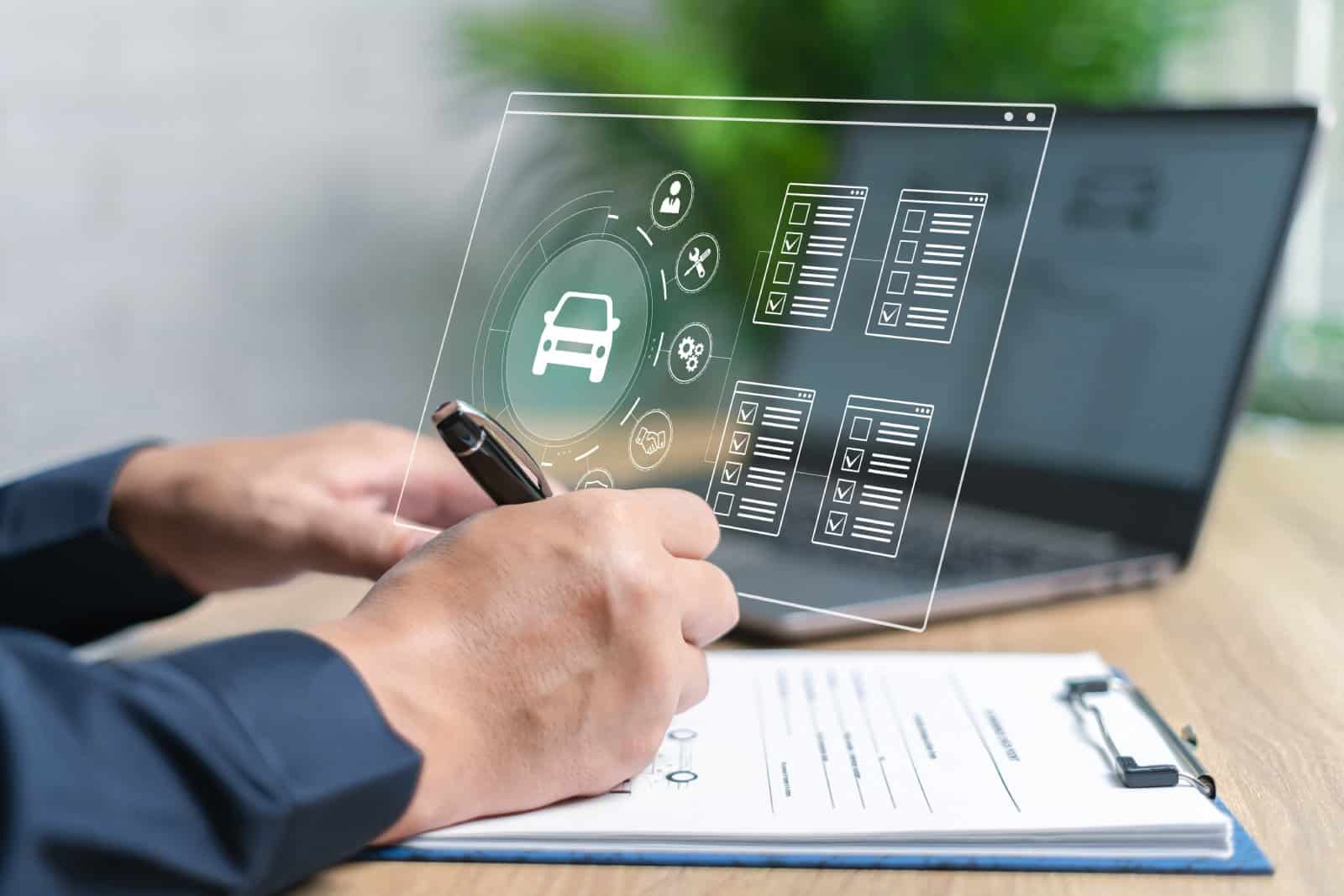
Image Credit: Shutterstock / NONGASIMO
Pay-per-mile insurance is a type of telematics-based policy that charges you based on how much you drive. This can be great for drivers who don’t put many miles on their cars. However, the downside is constant monitoring of your mileage and location, which leaves some feeling uneasy about the invasion of privacy.
5. Privacy Concerns You Can’t Ignore

Image Credit: Shutterstock / metamorworks
With telematics, your insurance company has access to a lot more than just your driving data. Location tracking is often part of the package, meaning your insurer knows where you go and when. The Electronic Privacy Information Center warns that this level of surveillance could be misused or hacked, potentially compromising your personal security.
6. Data Security: A Growing Issue

Image Credit: Shutterstock / Virrage Images
As with any digital system, telematics isn’t immune to hacking. In 2021, there were over 1,500 reported breaches of telematics data, according to the Insurance Information Institute. These breaches can expose sensitive information, including where you live, your daily routines, and more.
7. Is Your Data Being Sold?

Image Credit: Shutterstock / Thx4Stock team
Some insurers have been accused of selling telematics data to third parties. In a 2019 study, 32% of insurance companies admitted to sharing anonymized data with outside firms. While the data may be anonymized, experts warn that it’s often easy to re-identify users based on their driving patterns and locations.
8. The Legal Side of Things

Image Credit: Shutterstock / PanuShot
Different states have different regulations regarding telematics. For example, California has strict rules preventing insurers from using certain types of data to determine premiums. On the other hand, states like Texas allow insurers much broader discretion in how they use the data collected through telematics.
9. Big Brother Is Watching Your Speed

Image Credit: Shutterstock / Ph.wittaya
Speeding tickets could soon be the least of your worries. Insurance companies are using telematics to monitor your speed in real-time. According to a 2021 report, 40% of telematics users had their premiums raised due to speeding violations detected by their devices.
10. How Accurate Is Telematics Data?

Image Credit:Shutterstock / BACHTUB DMITRII
There are concerns about the accuracy of telematics data, especially when it comes to detecting sudden braking or sharp turns. A 2022 survey by J.D. Power revealed that 15% of drivers reported issues with telematics devices incorrectly flagging safe driving maneuvers as dangerous behavior. This could lead to unfair premium increases.
11. Is It Mandatory Yet?

Image Credit: Shutterstock / H_Ko
For now, telematics is mostly voluntary, but some insurance companies are pushing harder for adoption. According to a 2021 report from Deloitte, 23% of insurance companies have started making telematics a requirement for certain types of policies. This trend suggests that telematics could become the norm rather than the exception.
12. Who Really Benefits from Telematics?
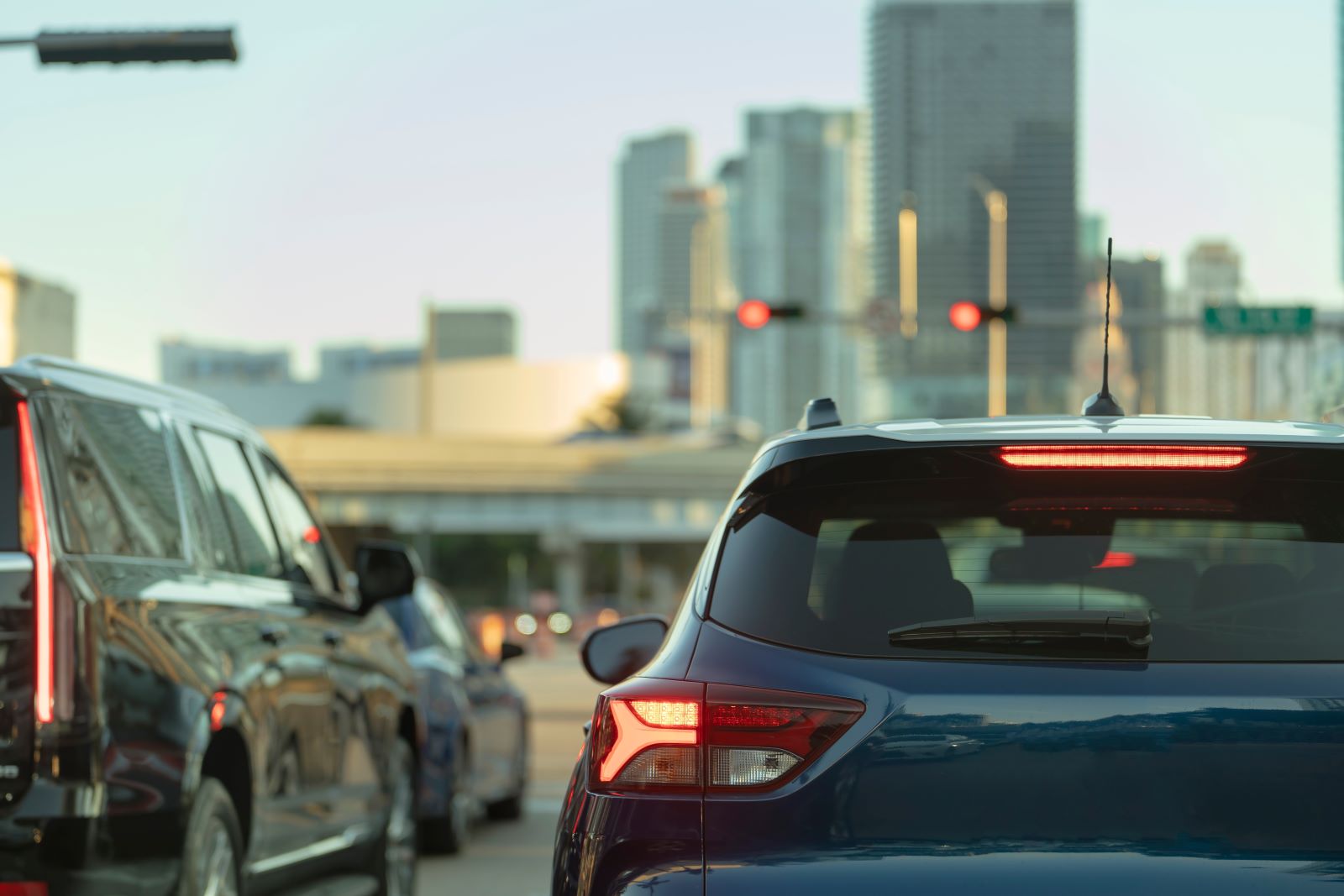
Image Credit: Shutterstock / Bilanol
While drivers might save on premiums, insurance companies stand to gain the most. By collecting data, insurers can fine-tune their pricing models and reduce their risks. A 2020 report from McKinsey & Company showed that insurers using telematics saw a 20% reduction in claims due to better risk management.
13. Telematics and Car Insurance Fraud

Image Credit: Shutterstock / Andrey_Popov
Telematics can also be used to combat fraud. By tracking driving data, insurance companies can verify claims more effectively. According to the Insurance Research Council, telematics helped reduce fraudulent claims by 15% in 2021.
14. Older Drivers and Telematics

Image Credit: Shutterstock / Ground Picture
Telematics isn’t just for young drivers. Older drivers can also benefit, particularly if they don’t drive much. A 2020 AARP study found that drivers over 60 who adopted telematics saved an average of 25% on their premiums.
15. Telematics and Classic Cars

Featured Image Credit: Shutterstock / Anna Jedynak
What about classic car owners? Telematics may not be ideal for drivers of vintage vehicles, as these cars often aren’t driven daily or for long distances. Hagerty, a leading insurer for classic cars, advises owners to carefully consider whether telematics fits their needs, as the savings might not justify the intrusion.
16. What Can You Do About It?

Image Credit: Shutterstock / PanuShot
If you’re uncomfortable with telematics, you can opt out—at least for now. Many insurers still offer traditional policies without tracking, though the options are narrowing. If you do choose a telematics policy, make sure to ask questions about how your data will be used and protected.
17. The Future of Car Insurance?
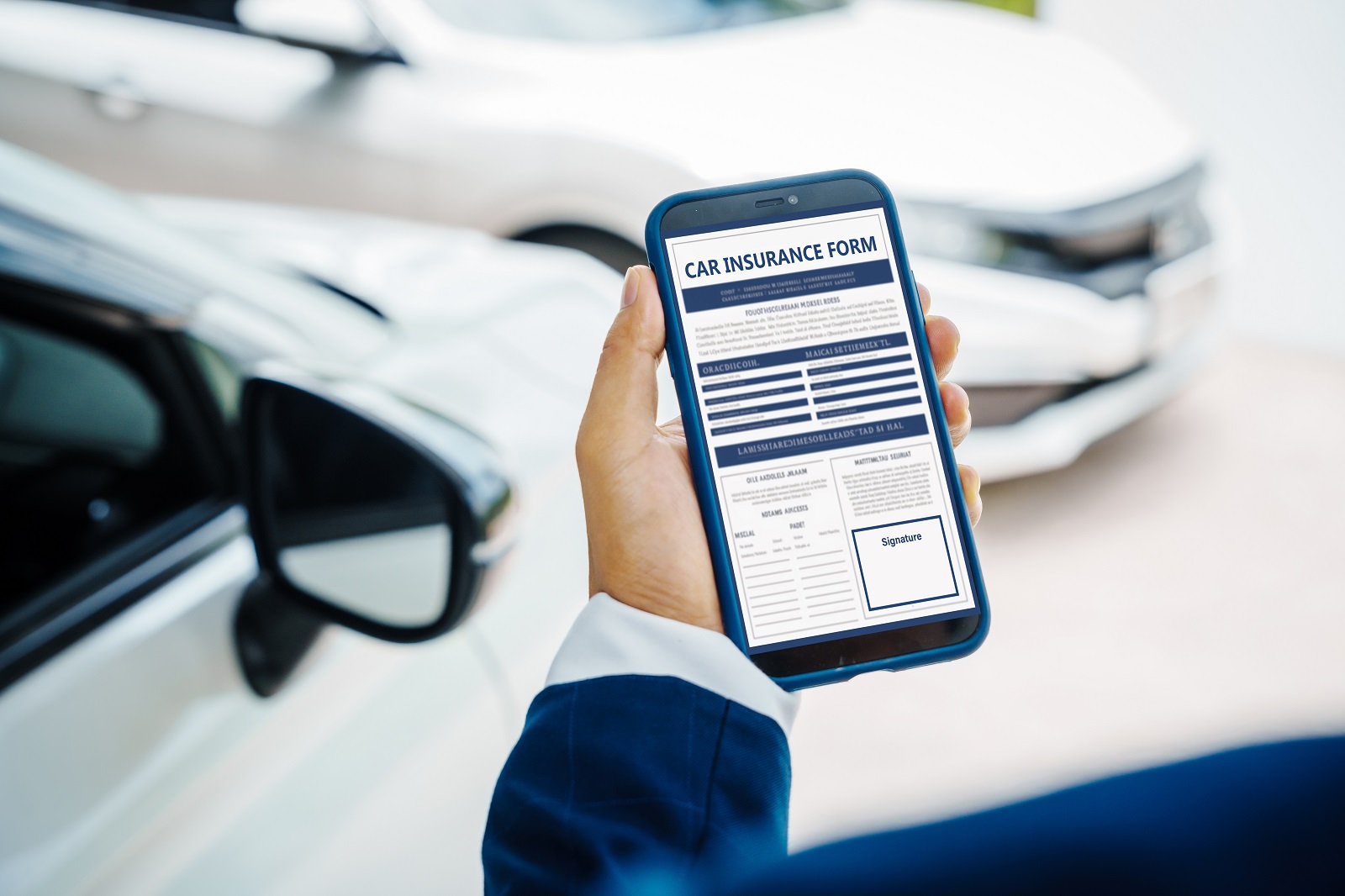
Image Credit: Shutterstock / PanuShot
Telematics is just the beginning. As cars become more connected, insurance companies will likely find new ways to gather data. Autonomous vehicles, for example, could lead to even more detailed monitoring of driver behavior and usage patterns, raising new privacy concerns.
18. Is It Worth the Risk?

Image Credit: Shutterstock / Monster Ztudio
Telematics offers potential savings but comes with significant trade-offs. Before signing up, consider the risks to your privacy and data security. Is saving a few bucks worth giving your insurance company a window into your daily life?
The Surveillance Road Ahead

Image Credit: Shutterstock / Nudphon Phuengsuwan
As technology advances, the line between helpful and invasive will only get blurrier. Is the future of insurance just more surveillance? Only time will tell.
Police Magnet: 7 Cars That Guarantee You’ll Get Pulled Over
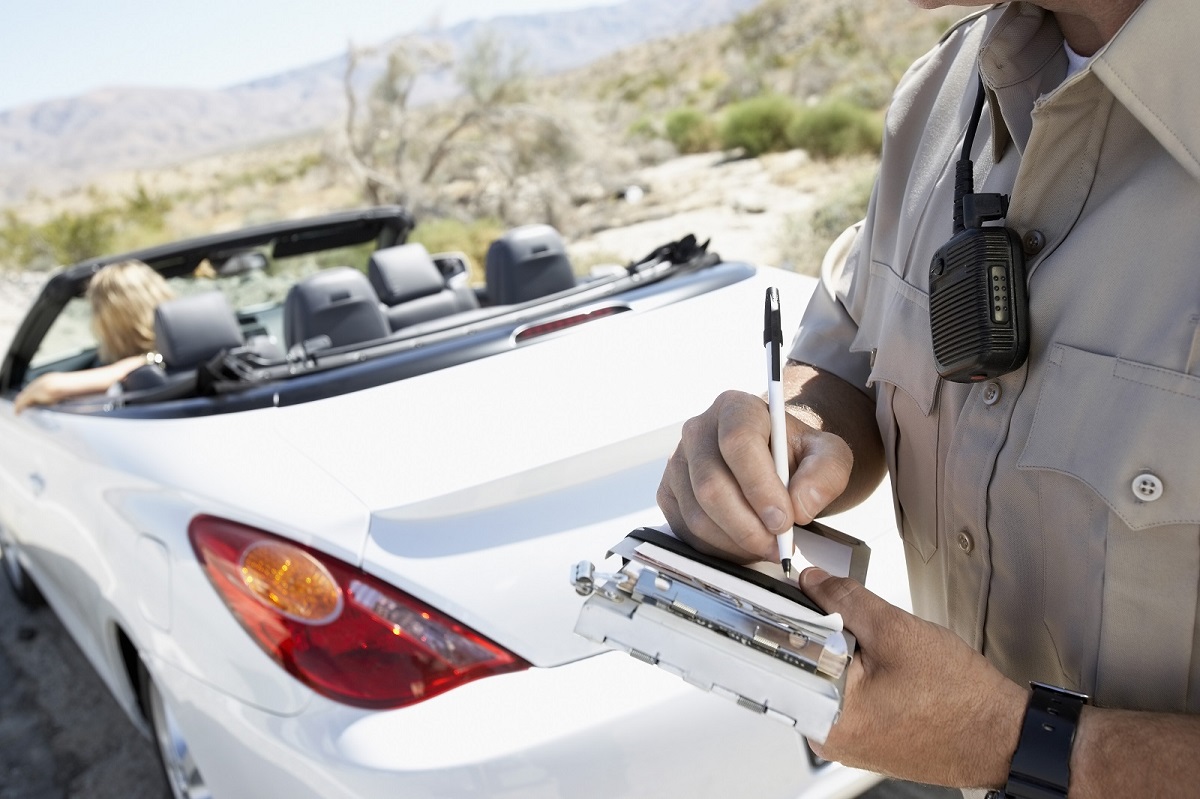
Image Credit: Shutterstock / sirtravelalot
Driving certain cars can make you more noticeable to law enforcement, even if you’re abiding by all the rules. Are you driving one of these “police magnets”? Here are seven cars that seem to attract more police attention than others. Police Magnet: 7 Cars That Guarantee You’ll Get Pulled Over
The Classic Cars That Were Total Clunkers

Image Credit: Pexels / Pixabay
Nostalgia has a funny way of making the past seem better than it was, especially when it comes to cars. But here’s the hard truth: some of those “classic” cars your dad raves about were real clunkers. Here’s a closer look at why some of those so-called “classics” weren’t all they were cracked up to be. The Classic Cars That Were Total Clunkers
The Worst U.S. Cars Ever Made: A Retro List
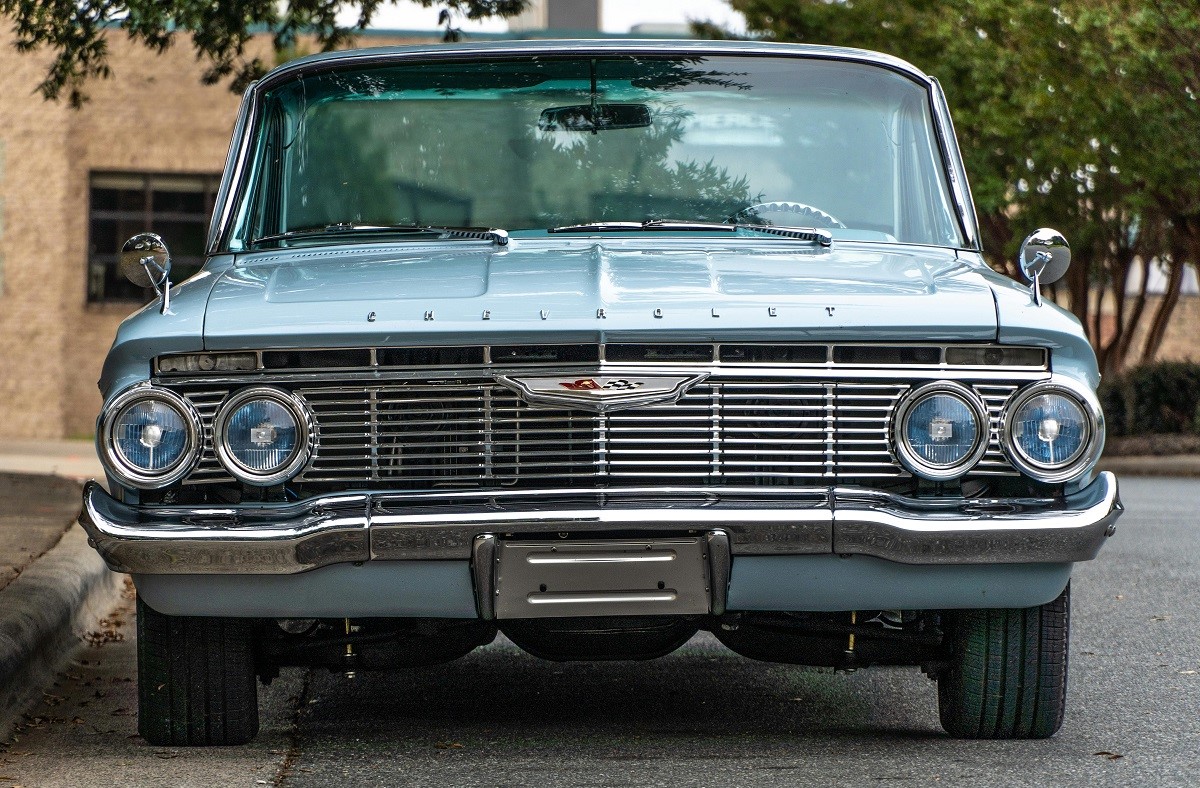
Image Credit: Pexels / Be The Observer
The U.S. auto industry has produced some incredible vehicles, but not every model was a hit. Here’s a look back at 16 of the worst cars ever made in the U.S., each infamous for its own unique flaws. The Worst U.S. Cars Ever Made: A Retro List
Featured Image Credit: Shutterstock / Song_about_summer.
The content of this article is for informational purposes only and does not constitute or replace professional advice.
The images used are for illustrative purposes only and may not represent the actual people or places mentioned in the article.
For transparency, this content was partly developed with AI assistance and carefully curated by an experienced editor to be informative and ensure accuracy.



